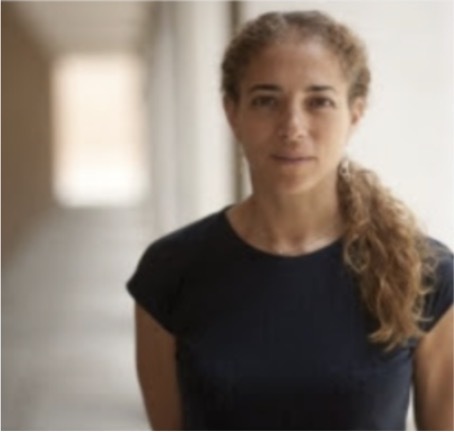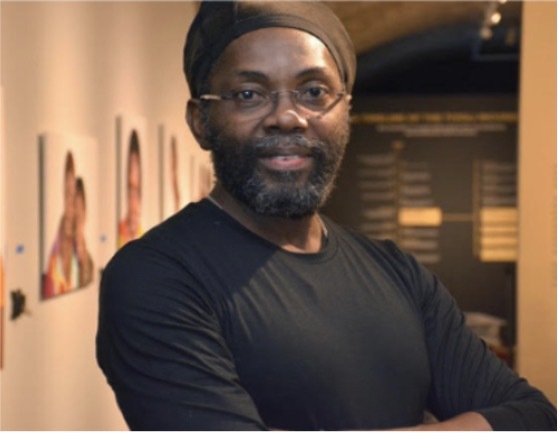
Free and Open to the Public. Please RSVP here.
Join esteemed anthropologist and 2024 Guggenheim Fellow, Dr. Deborah A. Thomas and filmmaker and percussionist, Junior Wedderburn in an immersive exploration into the practices of Kumina and other rituals that nurture connections with our ancestors. In this insightful gathering, we’ll delve into how these traditions offer pathways to a deeper understanding of existence, unlocking profound possibilities for life.
Benefiting from Thomas and Wedderburn’s extensive knowledge and experience, participants will engage in enlightening discussions on the transformative nature of Kumina and similar rituals. Through interactive dialogue and shared perspectives, we will uncover the ways these practices foster ancestral connections, providing access to invaluable wisdom and guidance. At the heart of the event lies the tradition of “reasoning,” where community members come together to discuss important issues before releasing them through the rhythmic beats of Kumina drumming. Inspired by this tradition, we will embark on a contemporary reasoning session, release, and reverence for our ancestors. Participants will have the opportunity to contribute and foster a deeper understanding of the intersections between culture, identity, and social change.
Organized by Jennifer Jones, Andrew W. Mellon Foundation James Gallery Fellow and student in the Ph.D. Program in Art History, CUNY Graduate Center.
Made possible with support from the Andrew W. Mellon Foundation.

